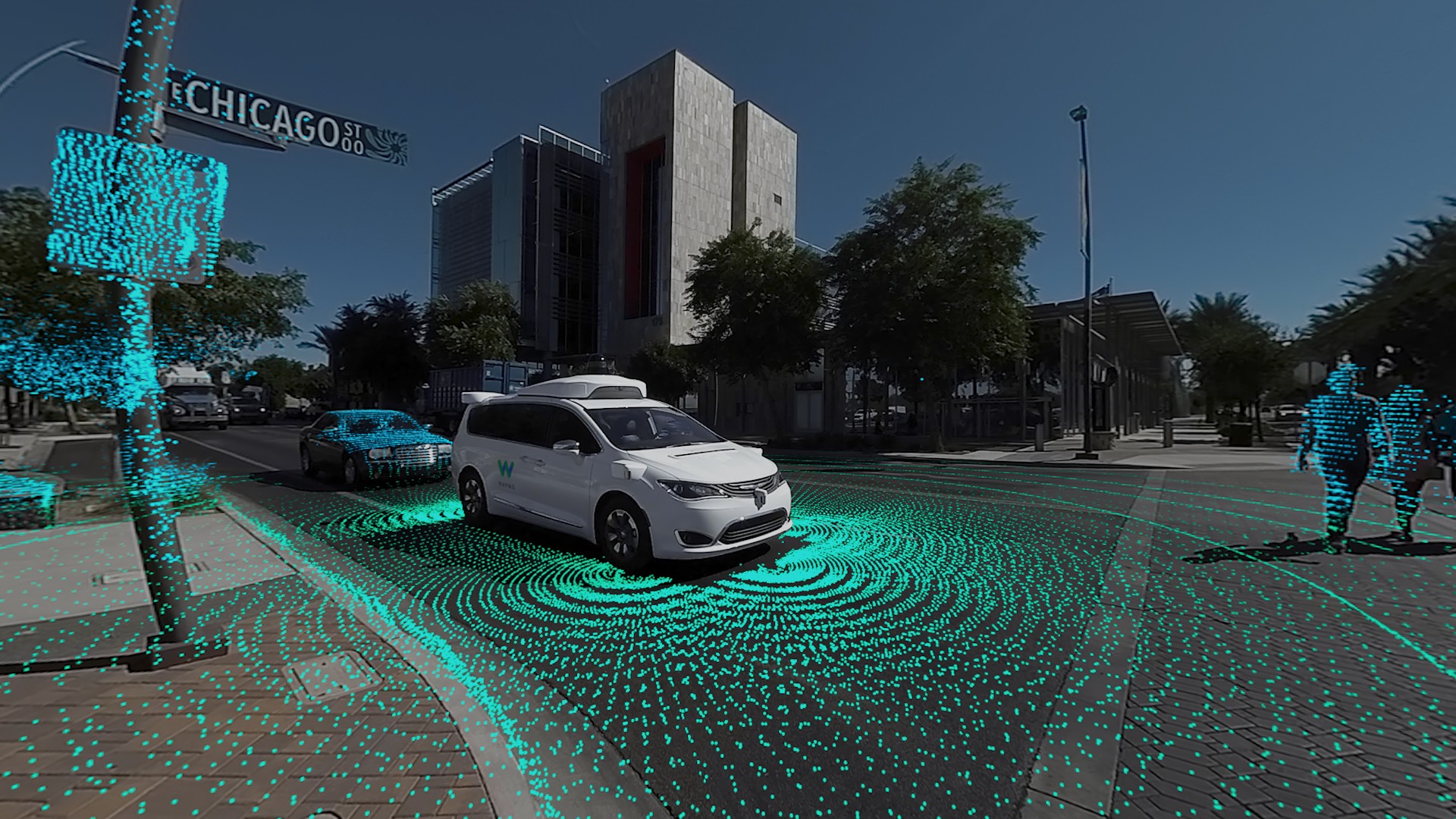
The Car Connectivity Consortium (CCC), which counts Apple as a charter member, has one goal in mind: to create a “digital key” standard that allows drivers to ditch their physical keys with NFC-enabled smartphones. In doing so, it might not be too long before you can use your iPhone to lock, unlock, start the engine, and share access to your car.
This week, the CCC introduced the Release 1.0 specification, which provides a generalized deployment method that allows vehicle OEMs to securely transfer a digital key implementation to a smart device, using an existing Trusted Service Manager (TSM). This first release was developed to create an ecosystem around interoperable digital key use cases.
Moving forward, the CCC is now beginning to work on the Digital Key Release 2.0 specification. Targeted for completion in early 2019, Release 2.0 will provide a standardized authentication protocol between the vehicle and smart device.
Once completed, Release 2.0 will offer a fully scalable solution for all.
As Mahfuzur Rahman, president, CCC notes:
We’re already seeing products in the market that are leveraging Release 1.0, and I believe that the forthcoming Digital Key Release 2.0 will have an even bigger impact on the industry as we meet needs for massive scalability. I’m enjoying this exciting journey with the CCC community as we change the way that drivers access any vehicle, and add further to the key functions that smart devices enable in our lives.
Alexander Maier of BMW AG concurs, explaining:
BMW sees high value in a standardized digital key ecosystem driven by the CCC. Leveraging all benefits of Release 2.0 will enable a scalable solution, interoperable with all smart devices and vehicles delivering a superior user experience to our customers.
Development on Release 2.0 is under development in collaboration between CCC’s charter member companies, which besides Apple, includes Audi, BMW, General Motors, HYUNDAI, LG Electronics, Panasonic, Samsung, and Volkswagen, and core members including ALPS ELECTRIC, Continental Automotive GmbH, DENSO, Gemalto, NXP, and Qualcomm Incorporated.
We’re already using our phones to open doors to our homes, so it makes sense the next step would be to make them able to run our cars. Assuming Release 2.0 gets launched next year as planned, don’t be surprised to see digital keys arriving on vehicles in the next two to three years.
Would you like to see digital keys become the norm for drivers?